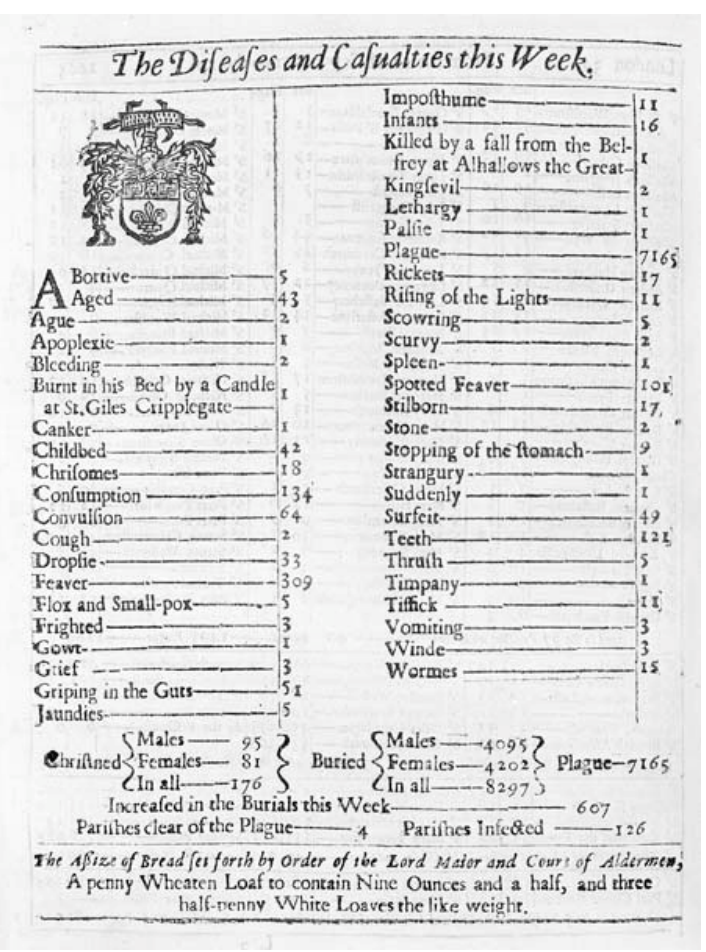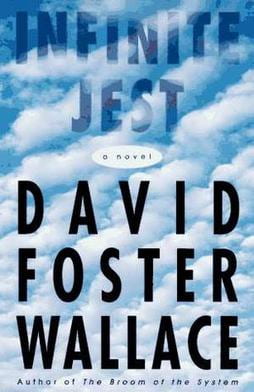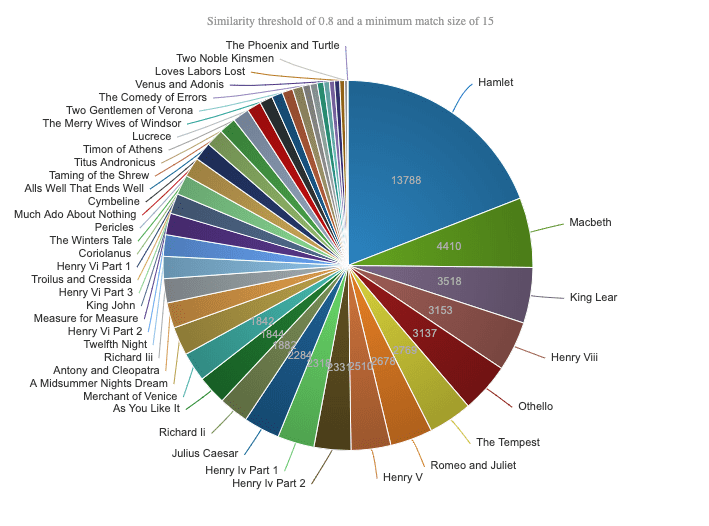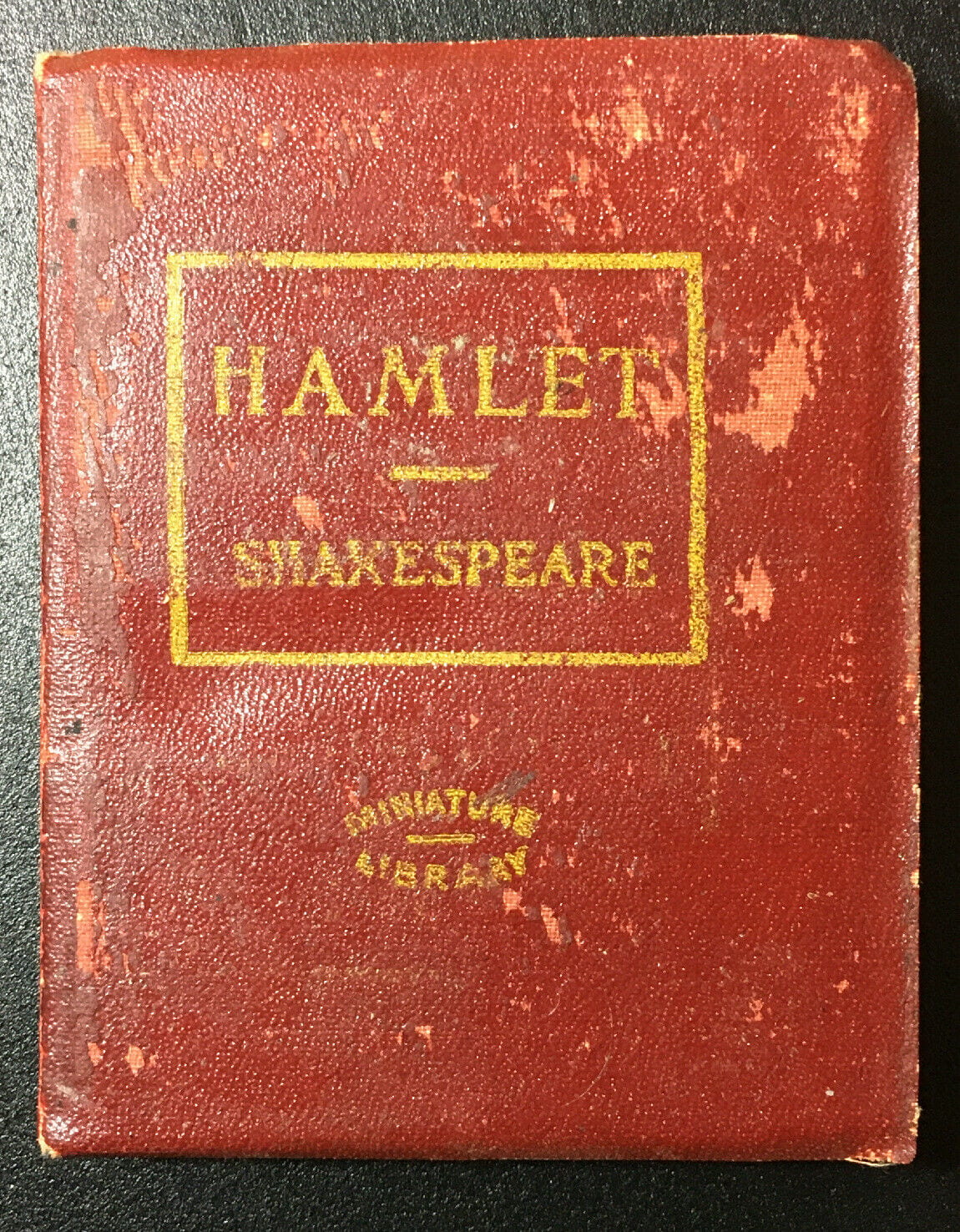As a classroom community, our capacity to generate excitement is deeply affected by our interest in one another, in hearing one another’s voices, in recognizing one another’s presence.
―

Samuel Johnson, 1765
For the first Shakespeare has suffered the virtue of Cordelia to perish in a just cause contrary to the natural ideas of justice, to the hope of the reader, and, what is yet more strange, to the faith of chronicles….
A play in which the wicked prosper, and the virtuous miscarry, may doubtless be good, because it is a just representation of the common events of human life: but since all reasonable beings naturally love justice, I cannot easily be persuaded, that the observation of justice makes a play worse; or, that if other excellencies are equal, the audience will not always rise better pleased from the final triumph of persecuted virtue….
In the present case the publick has decided. Cordelia, from the time of Tate, has always retired with victory and felicity. And, if my sensations could add any thing to the general suffrage, I might relate, that I was many years ago so shocked by Cordelia’s death, that I know not whether I ever endured to read again the last scenes of the play till I undertook to revise them as an editor.
The Plays of William Shakespeare, ed. Samuel Johnson, London, 1765, p. 207.
August Wilhelm Schlegel, 1835
The story of Lear and his daughters was left by Shakespeare exactly as he found it in a fabulous tradition, with all the features characteristical of the simplicity of old times. But in that tradition there is not the slightest trace of the story of Gloster and his sons, which was derived by Shakespeare from another source. The incorporation of the two stories has been censured as destructive of the unity of action. But whatever contributes to the intrigue or the denouement must always possess unity. And with what ingenuity and skill are the two main parts of the composition dovetailed into one another! The pity felt by Gloster for the fate of Lear becomes the means which enables his son Edmund to effect his complete destruction, and affords the outcast Edgar an opportunity of being the saviour of his father. On the other hand, Edmund is active in the cause of Regan and Goneril; and the criminal passion which they both entertain for him induces them to execute justice on each other and on themselves. The laws of the drama have therefore been sufficiently complied with; but that is the least; it is the very combination which constitutes the sublime beauty of the work. The two cases resemble each other in the main: an infatuated father is blind towards his well-disposed child, and the unnatural children, whom he prefers, requite him by the ruin of all his happiness. But all the circumstances are so different, that these stories, while they each make a correspondent impression on the heart, form a complete contrast for the imagination. Were Lear alone to suffer from his daughters, the impression would be limited to the powerful compassion felt by us for his private misfortune. But two such unheard-of examples taking place at the same time have the appearance of a great commotion in the moral world: the picture becomes gigantic, and fills us with such alarm as we should entertain at the idea that the heavenly bodies might one day fall from their appointed orbits.
The Romantics on Shakespeare, ed. Jonathan Bate, Penguin, 1997, p. 383.
Jonathan Dollimore, 2004
King Lear is, above all, a play about power, property, and inheritance.
Radical Tragedy: Religion, Ideology, and Power in the Drama of Shakespeare and his Contemporaries, Jonathan Dollimore, Harvester Wheatsheaf, 1999, p. 190.
“A way of seeing is also a way of not seeing” Kenneth Burke
“As I see it, one issue in King Lear is _________________”
“According to sociologists, Lear is really a case of __________”
“According to feminists, Lear is really a case of __________”
“According to masculinities scholars, Lear is really a case of __________”
“According to ________ , Lear is really a case of __________”
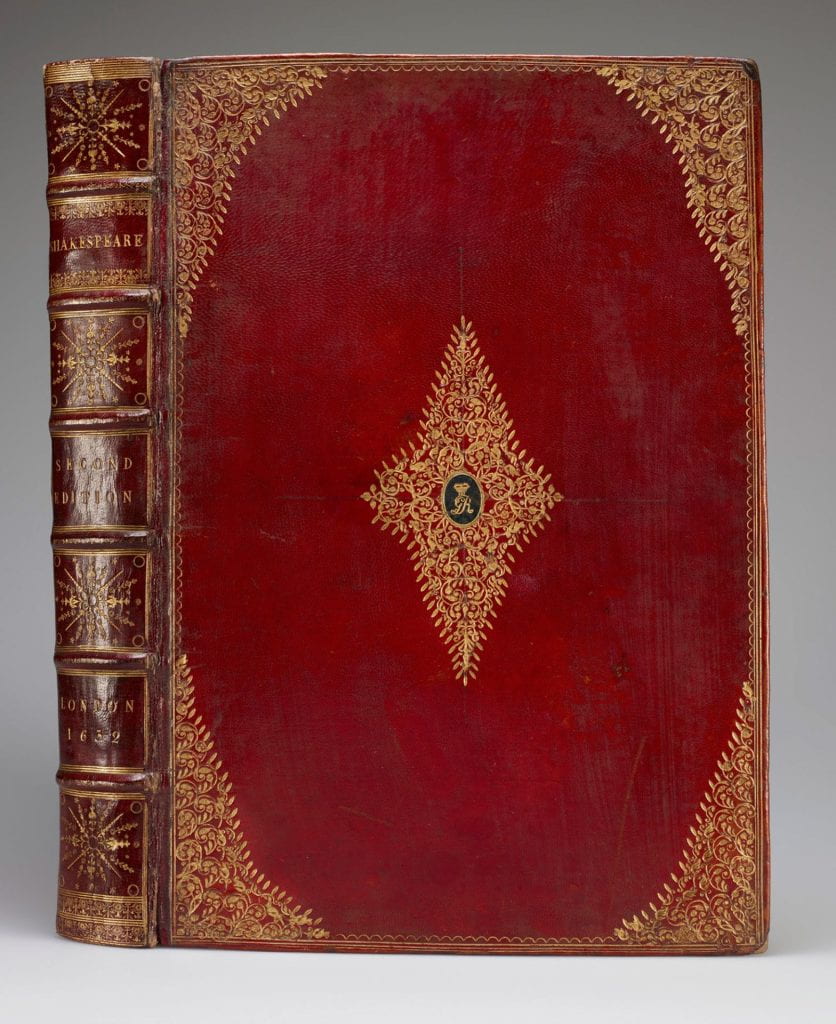
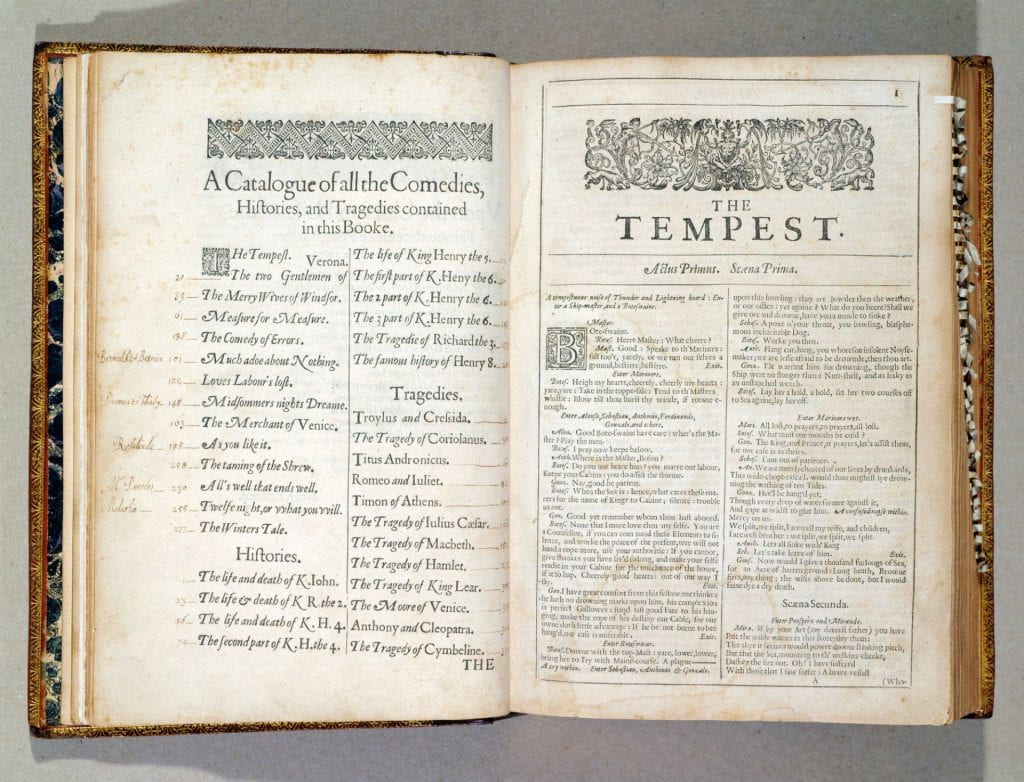
mixtapes:
Shakespeare Live! From the RSC from Montrell on Vimeo.
Shakespeare Live! From the RSC from Montrell on Vimeo.

First drafts and perfectionism
OpenSource Shakespeare (tool for searching all his works)
| Hamlet (2000). Ethan Hawke |
| Hamlet (1996). Kenneth Branagh |
| Hamlet (1948). Lawrence Olivier |
Hamlet [composed by Brett Dean] (opera) – Medici.tv
Hamlet [directed by Simon Godwin] – Digital Theatre +
Hamlet [directed by Jeffery Kisson] – Digital Theatre +
Hamlet [Directed by Antoni Cimolino] – Digital Theatre +
Hamlet [directed by Robin Lough] – Alexander Street Press
Horatio’s Hamlet [directed by Jay Woelfel] – Alexander Street Press
Hamlet [directed by Eric Weinthal, Dug Rotstein] – Alexander Street Press
Commedia Dell’Arte Hamlet [directed by Nick Havinga] – Alexander Street Press
Article / Hamlet and the Ghost- A Joint Sense of Time
Tine and the Apocalypse in Hamlet
Kronberg Castle, from Nicklas Gose:

Johnston Forbes-Robertson
Henry Ainley
Michael Redgrave
Laurence Olivier
Peter O’Toole
Derek Jacobi. -1996
Kenneth Branagh. 1996-2017
Tom Hiddleston 2017-present
